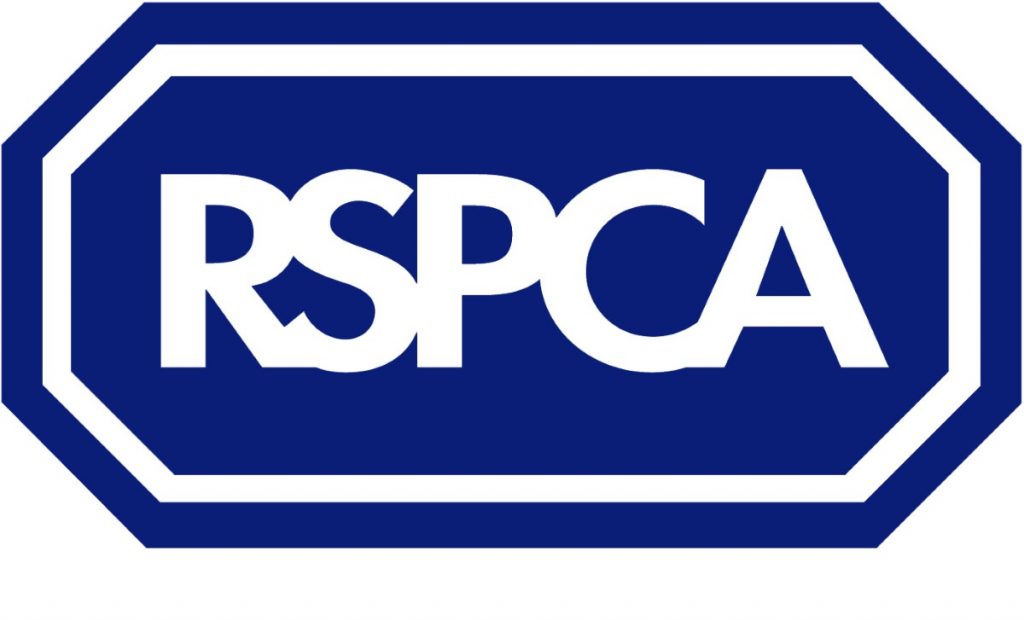Calls to RSPCA about puppy farms and puppy trafficking increase by 33%
Charity calls for an overhaul of breeding legislation and enforcement to protect both mum and pups ahead of Parliamentary debate
The RSPCA is calling for stronger enforcement of dog breeding and trading legislation and warning those considering buying a new puppy about the dangers of ‘buying blind’.
The charity is concerned about the way many puppies are bred and sold like commodities with little or no regard to their future well-being. Some puppies die prematurely or develop behavioural or health problems as a result of poor breeding.
The Society is calling on the Westminster Government to develop legislation which tackles the root causes of the problem, including cutting off the trade in illegally imported puppies from Europe with increased enforcement at our borders and with increased accountability and monitoring for anyone breeding puppies.
The RSPCA saw a 33% increase in the number of calls about puppy farms and puppy trafficking to its cruelty line in 2013, compared to the previous year.1
The Society’s call for action comes ahead of the backbench debate on the breeding and sale of puppies and kittens on 4 September.
David Bowles, the RSPCA’s head of public affairs, said: “While there is a demand for cheap, pure-bred and fashionable crossbreed puppies, breeders, dealers and traders will find a way to sell them. Puppy trafficking is big business, with dealers exploiting the current lack of enforcement at our ports and making huge profits bringing in large numbers of highly sought after puppies.
“Many buyers won’t be aware in what conditions their puppy has been bred and raised nor where their puppy has come from. They are effectively buying blind.
“Many of the puppies being imported are too young to have been removed from their mothers and have not been vaccinated against disease. Some puppies die in transit and many fall sick or die shortly after purchase, leaving their owners heartbroken and lumbered with huge vet bills.
“We believe that if we are to seriously tackle the poor breeding and illegal trade in puppies, the tap needs to be switched off. We need to see an overhaul of current legislation and improved enforcement which tackles the root causes of the problem.”
The RSPCA wants to see the following as part of an overhaul of dog breeding and trading legislation by MPs:
? The responsibility of checking animals imported under PETS to be passed from ferry companies to the statutory border control agency.
? A decrease in the number of litters a breeder can produce per year without requiring any kind of licence or inspection and for licensing standards overall to be improved.2
? For local authorities to be allocated resources to be able to enforce breeding laws effectively.
? For the Government to push for an amendment to the European Commission’s proposal for an Animal Health Law to ensure all commercial breeders and sellers are registered.
? For the Government to stop denying the escalating problem with illegal importation of puppies and increase spot checks at our ports and begin capturing proper data on illegal imports.
The RSPCA is also urging anyone considering buying a puppy to use the Puppy Contract, which has been developed by the RSPCA in partnership with the Animal Welfare Foundation and endorsed by the Blue Cross, Dogs Trust and a number of dog welfare charities.
The contract gives puppy buyers and the puppies themselves the protection they need to ensure the best chance of a happy, healthy puppy, and enures buyers are not unknowingly lining the pockets of puppy traders.
More information about the Puppy Contract is available at www.puppycontract.org.uk
Ends
Notes to editors
1. The RSPCA received a total of 2,229 calls about puppy farms and trafficking in 2013, compared with 1,678 in 2012. This was an increase of 33%.
2. The Welsh Government is expected to bring forward legislation on this and other aspects concerning dog breeding in the autumn.





-01.png)